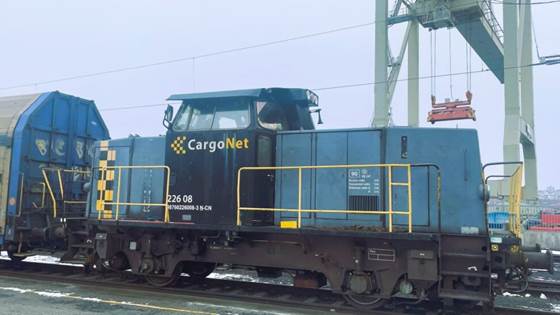
Switching diesel locomotives to electric
Locomotives that run on diesel can be electrified. This would both cut CO2 emissions and significantly reduce overall energy consumption, according to a new study.

Locomotives that run on diesel can be electrified. This would both cut CO2 emissions and significantly reduce overall energy consumption, according to a new study.

The European partnership SHAPE II is seeking 15 participants for a tailored and free training program aimed at promoting sustainable and affordable housing solutions across Europe.
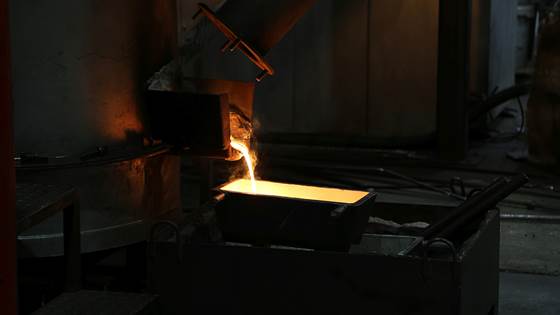
The research center Zero Emissions Metal Production (FME ZeMe) aims to develop solutions that contribute to a carbon-neutral metal industry in Norway by 2050.
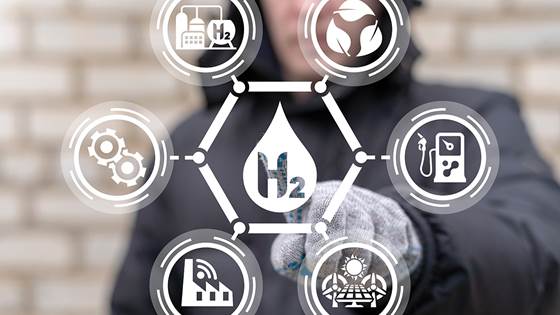
A new EU funded project aims to efficiently produce hydrogen from waste, ensuring strong energy performance with a fully carbon-negative approach.
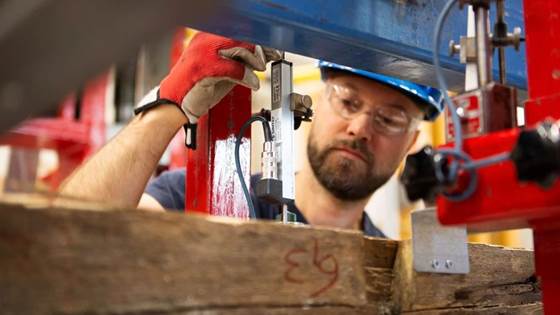
It looks as though they might be. According to SINTEF, many of them exhibit properties that are at least as good as new timber. This is good news for materials reuse.
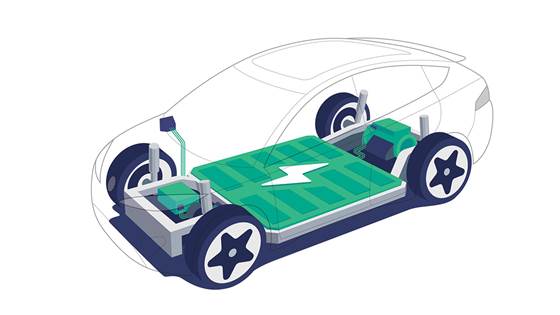
As electric vehicles (EVs) and renewable energy sources become more popular, the demand for high-performance batteries is skyrocketing. We need both more and better batteries to meet this demand.

By converting by-products from the sawmill industry into proteins for fish feed, both the forestry and fish feed industries can achieve a more environmentally friendly and high-quality product
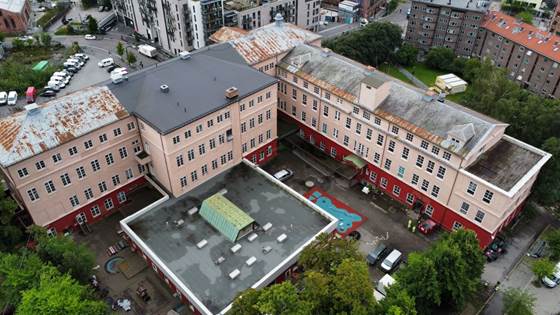
Researchers are testing and protecting old brickwork as their contribution to the renovation of the heritage building Sophies Minde in Oslo. Results indicate that much of this material can be reused.
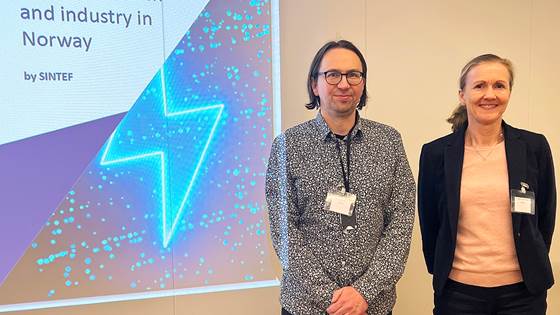
Investing in research, local manufacturing and secure access to materials is needed to solidify Norway’s position as a leader in sustainable batteries.
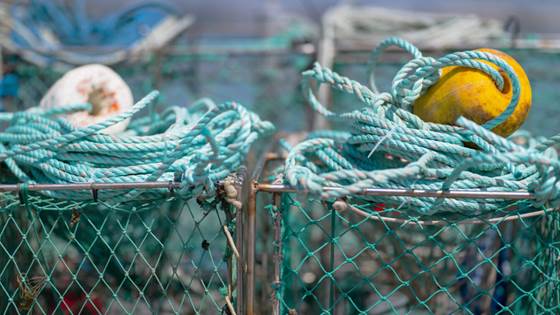
The aquaculture sector can now download a set of guidelines containing 25 ideas about the circular use of plastics.
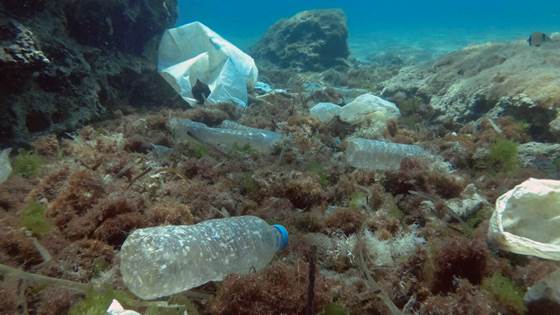
Bacteria discharged to the oceans in sewage and wastewater thrive on the biofilms that form on plastic waste. This may be leading to the somewhat unanticipated problem of antimicrobial resistance.
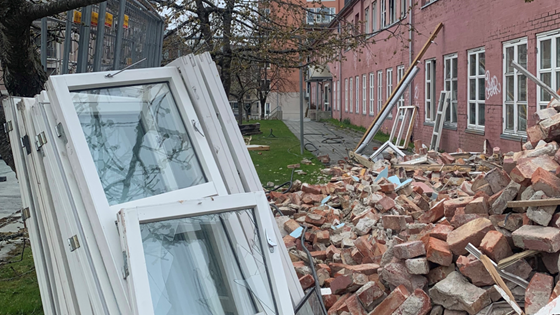
Norway has declared ambitious targets for waste reduction in the building industry. Researchers have been asking sector representatives what needs to be done to achieve them. This article lets you in on some of the answers.
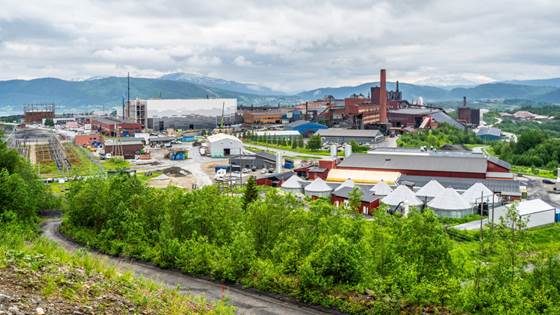
According to researchers, so-called ‘industrial symbioses’ and ‘green hubs’ are offering answers to the challenge of meeting Europe’s climate change mitigation targets.

Tonnes of reusable polystyrene ends up as plastic waste when buildings are demolished. Researchers want to see more recycling and reuse.
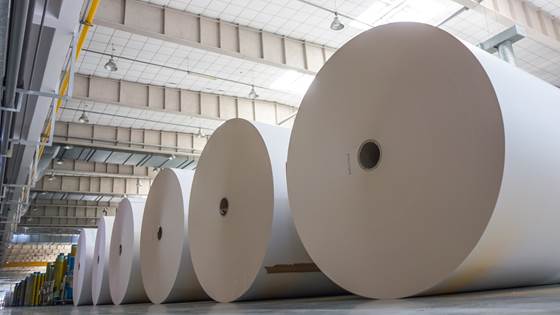
New technology will transform the production of bleaching and disinfection chemicals in the European chemical industry.